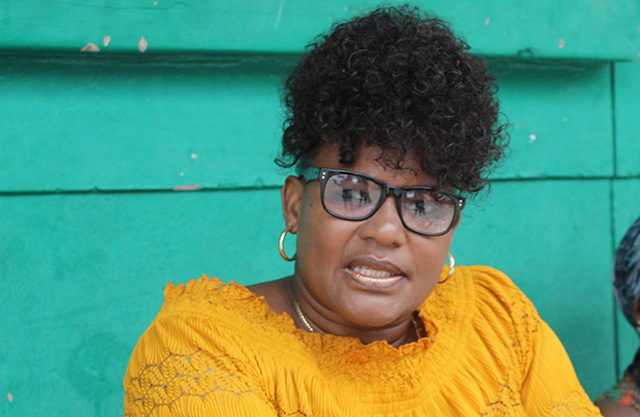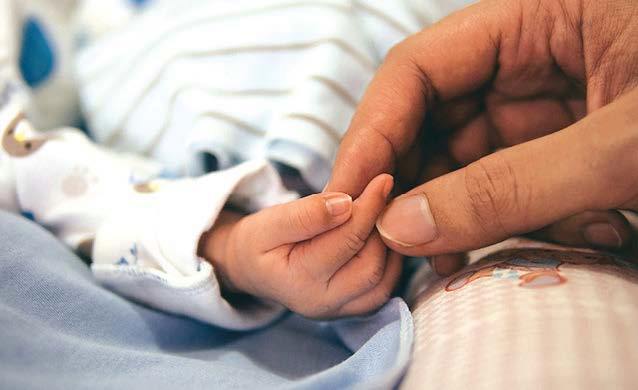THE government has made concerted efforts to make education accessible to individuals living with disabilities, but more needs to be done in the areas of sexual reproductive health, media advocacy and capacity enhancement for those living with disabilities.
Official statistics show that 41% of females with disability have never attended school, when compared to 17% of their counterparts without a disability.
On the male front, 37% of those with a disability never attended school, compared to 15% of those without a disability.
Disability affairs deputy minister Alexia Manombe-Ncube revealed this in the National Assembly on Wednesday.
She was contributing to the draft new basic education bill tabled by education minister Katrina Hanse-Himarwa a week ago.
The draft legislation will replace the Education Act of 2001, and intends to align Namibia’s education to its development endeavours.
In her statement, Manombe-Ncube appreciated the fact that the new bill has encapsulated the eight principles of the United Nations Convention on the Rights of Persons with Disabilities.
These include equality of opportunity, full and effective participation and inclusion in society, and non-discrimination against persons with disabilities.
But, the deputy minister believes that more needs to be done if those living with disabilities are to be fully integrated into mainstream education.
She suggested that the education ministry must support teachers in schools to ensure that the educational rights of children living with disabilities are met.
“This can be done through collaborations with institutions, persons with disabilities, non-governmental organisations and the media to advocate the rights to education for all children with disabilities, sexual reproductive health with a strong focus on girls with disabilities, enhance the capacity of persons with disabilities, and to meaningfully engage female parliamentarians.”
Furthermore, statistics provided by Manombe-Ncube reveal that 87% of children with disabilities between the ages of 0-4 have never attended early childhood development (ECD) programmes.
This is one of the flaws that the current act does not place sufficient emphasis on, as pointed out last week.
“This new bill places the learner in the centre by, among other things, promoting integrated ECD, providing universal free education, and protecting learners with special needs and disabilities,” Hanse-Himarwa had said.
Manombe-Ncube noted that as such, deliberate measures must be taken to redress the situation, proposing that it can be done by training students to become ECD providers, teachers, social workers, doctors and nurses.
– Nampa
Stay informed with The Namibian – your source for credible journalism. Get in-depth reporting and opinions for
only N$85 a month. Invest in journalism, invest in democracy –
Subscribe Now!








